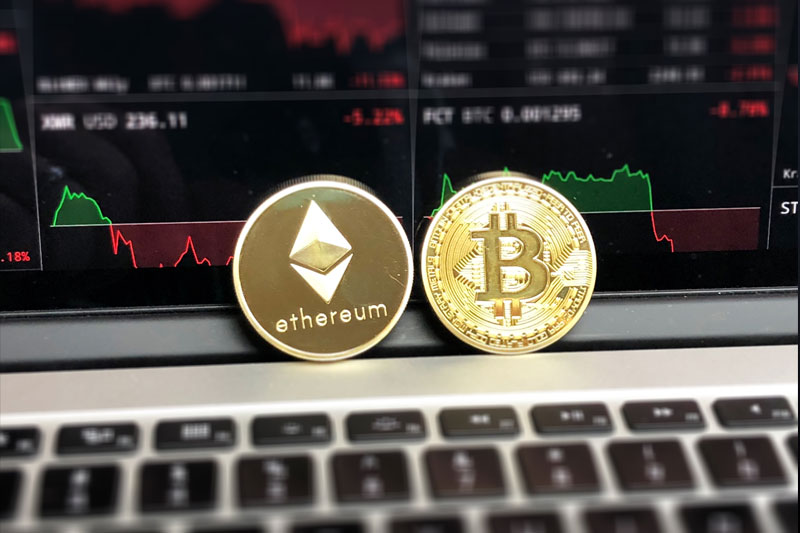OpenSea NFT Marketplace Onboards Polygon (MATIC) Into Seaport Protocol by DailyCoin
 OpenSea NFT Marketplace Onboards Polygon (MATIC) Into Seaport Protocol
OpenSea NFT Marketplace Onboards Polygon (MATIC) Into Seaport ProtocolOpenSea, the leading marketplace for all types of NFTs, today announced that the prosperous Polygon network (MATIC) will be included in the marketplace’s brand new Seaport Protocol. The protocol saw the light of day in June, when OpenSea decided to switch to a more energy-efficient way of maintaining the marketplace, along with some additional features.
#Polygon is now on #Seaport!In June, OpenSea introduced Seaport – a brand new, open source, #Web3 marketplace protocol for safe and efficient buying and selling of NFTs. Seaport was launched first, and has helped to create a more feature-rich experience at a lower cost. pic.twitter.com/9W8hqAF8gH
— Polygon – MATIC (@0xPolygon) August 30, 2022
Seaport Welcomes Aboard Polygon (MATIC) – What to expect?
Since the new Web3 protocol has already been tested on the Ethereum (ETH) blockchain, the extra features and a relatively low maintenance cost showed that the protocol was also beneficial on other blockchains. Therefore, some big changes are coming to OpenSea with the integration of Polygon (MATIC). The most important one is to be able to use Polygon (MATIC) cryptocurrency on all transactions on OpenSea. Other new features worth mentioning include:
- No threshold on entries
- Bulk transfers
- Collection and attribution offer
Also, the Seaport protocol works differently than most NFT marketplaces. For example, OpenSea now uses a “bid and pay” mechanism instead of a peer-to-peer transaction. This creates an advanced agreement where buyers can deliver any agreed number of digital goods in Ethereum (ETH) or ERC20, ERC721 and ERC1155. For the deal to go through, the recipient must accept the goods specified by the buyer – this step is called “the consideration”.
Using Seaport on Polygon enables the launch of several new features on Polygon, including: Collection and Attribute Offerings No Entry Thresholds More Creator Payments Bulk Transfers
— OpenSea (@opensea) August 30, 2022
$460 million in fees cleared thanks to Seaport NFT protocol
Furthermore, OpenSea revealed that one of the reasons behind the switch to the Seaport protocol was the high Ethereum (ETH) gas fees. As the second largest crypto-asset awaits the long-awaited ‘The Merge’ upgrade, compared to the current network setup, it will save a whopping $460 million in fees annually.
Easier to read transaction confirmations is good, but for those who haven’t registered with OpenSea yet, the news is even bigger: new users don’t have to pay the initialization fee. According to OpenSea, this move alone will help the renowned NFT community save around $120 million per year.
No setup fees: In addition to saving ~35% in gas fees for transactions, you no longer need to pay a one-time fee to start using OpenSea. By removing the installation fee alone, the OpenSea community could save $120 million each year.
— OpenSea (@opensea) June 14, 2022
On the other side
- The NFT market suffered a major setback when the BendDAO protocol was tapped. The situation has resulted in over $55 million worth of NFTs being liquidated.
- OpenSea had to lay off 20% of its staff due to the relentless crypto winter.
Why you should care
With many crypto and blockchain companies aiming to switch to an eco-friendly, cost-effective way of maintenance, OpenSea is leading the NFT market. The most popular NFT marketplace of all time could add millions to its total market cap if the move proves successful.
Learn more about OpenSea’s recent updates and feedback from the crypto community
Find out what record the OpenSea NFT marketplace set earlier this year
Continue reading at DailyCoin


